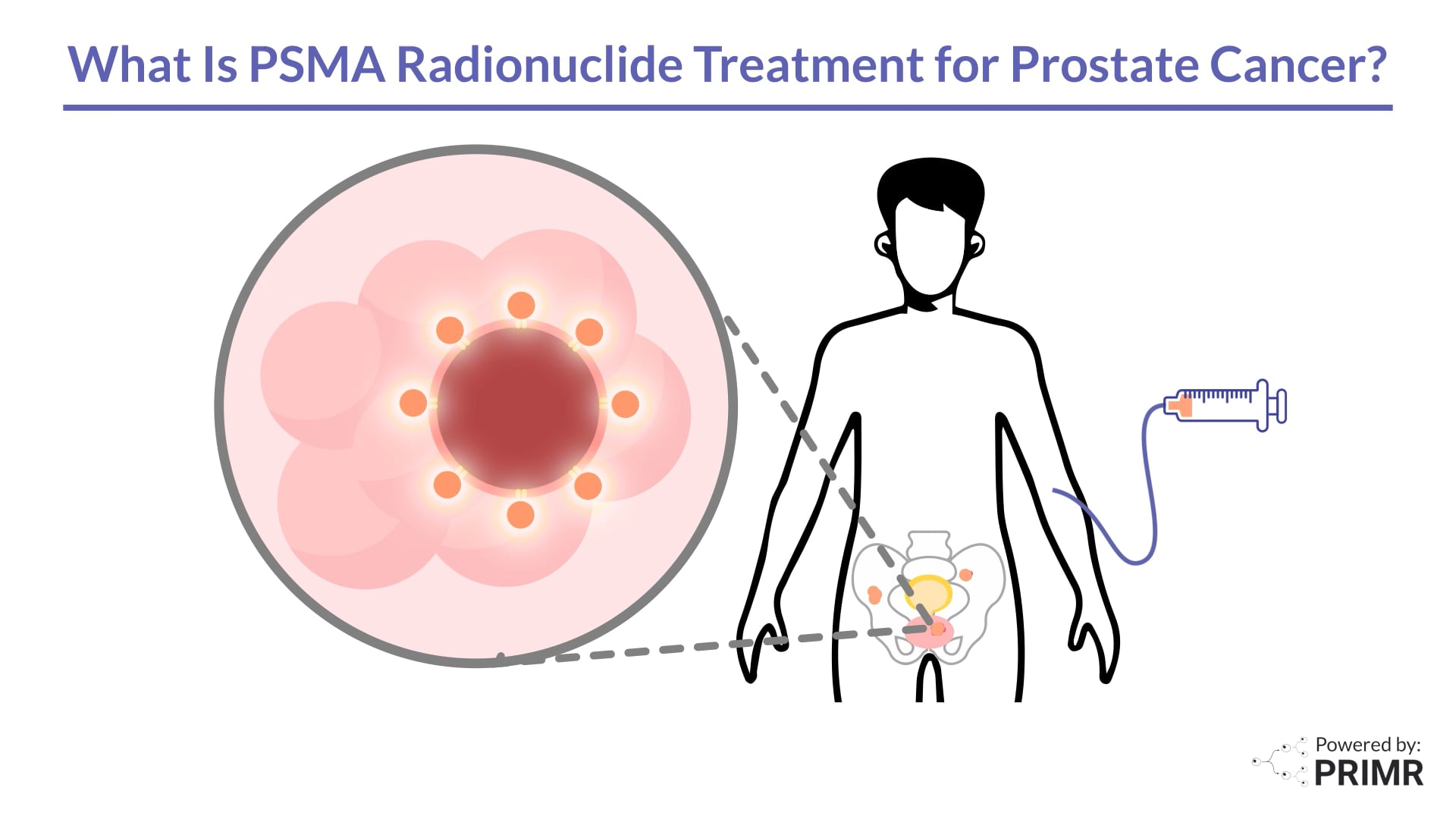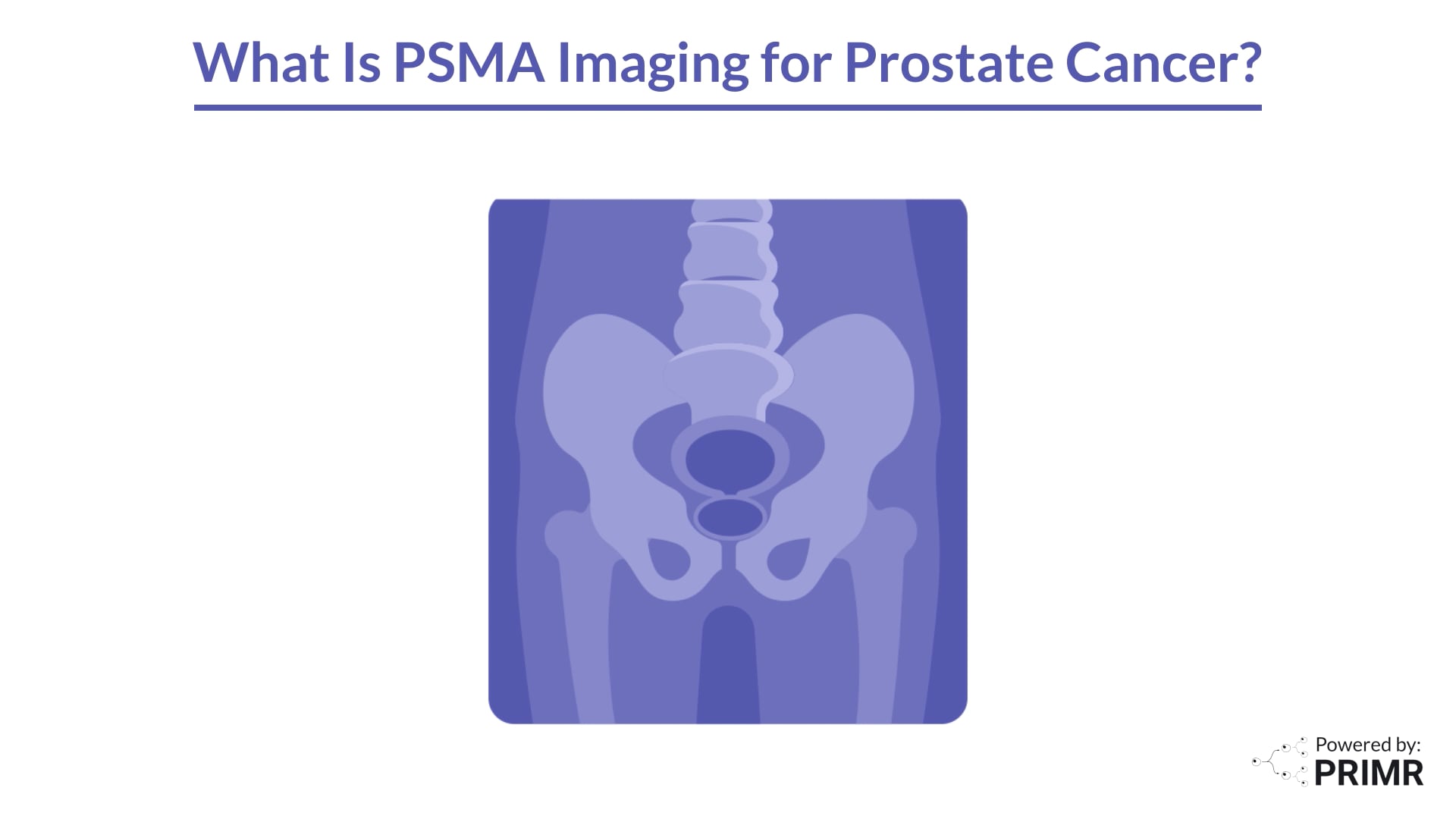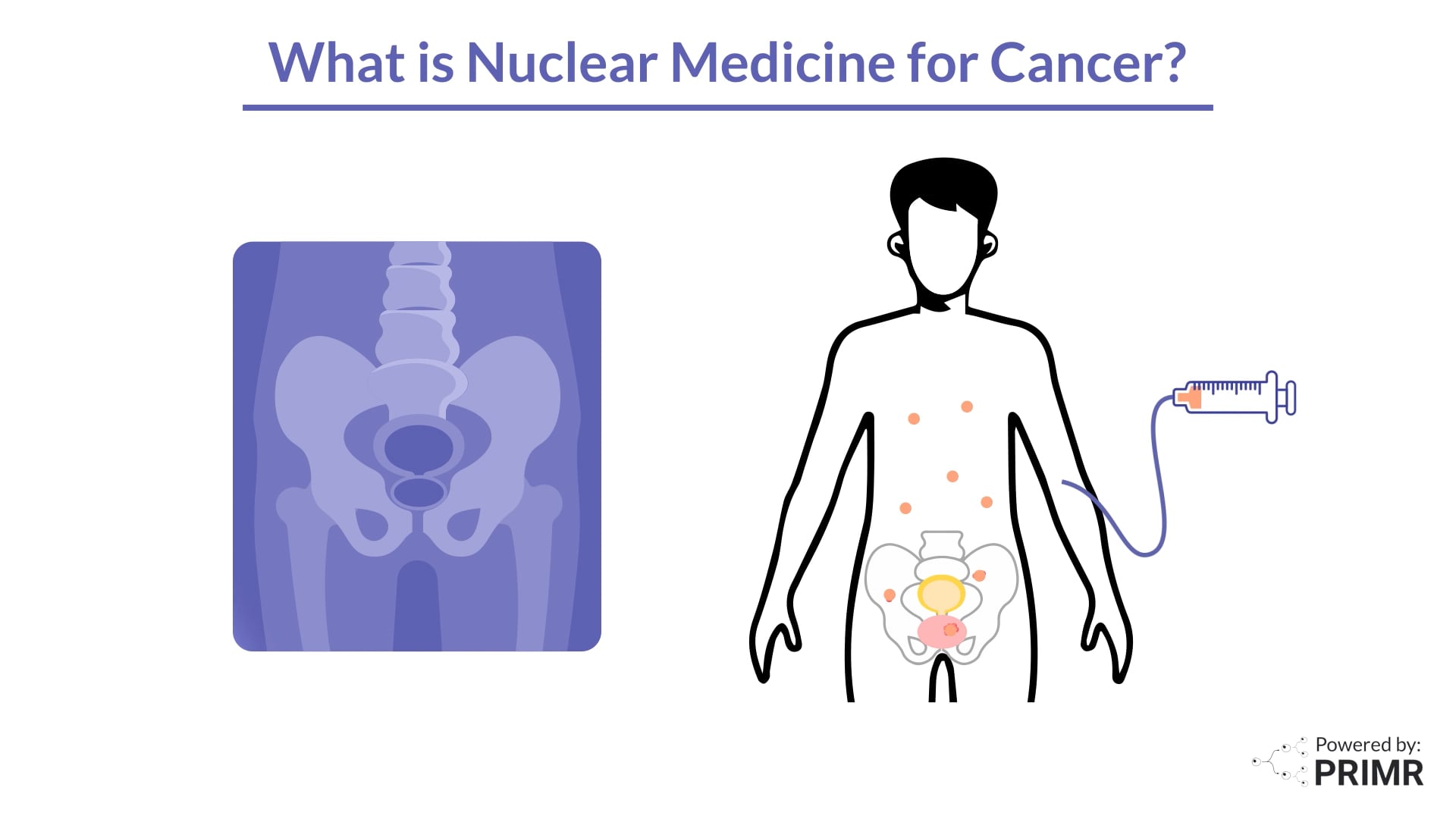Cancer Treatment Side Effects - Diarrhea
In this video, we explore effective strategies for managing diarrhea in cancer treatment patients, covering diet adjustments, hydration tips, and medication use.
Highlights include dos and don'ts for diet and hydration, and advice on over-the-counter remedies.
Read the full video transcript below:
This video is an overview of managing diarrhea for patients undergoing cancer treatment. Diarrhea is when you have frequent loose or watery bowel movements, and it is a possible side effect of both chemotherapy and radiation to the pelvis.
Managing diarrhea can be simplified into three main strategies: changing your diet, hydration, and medication.
If you begin to experience frequent or loose stool output, changing your diet is usually the first recommendation.
Every person is different, and tolerance of certain foods should be evaluated on an individual basis. If you're experiencing diarrhea, follow a bland, low fiber diet. When choosing low fiber foods, a good guideline for packaged products is to look for foods that contain 2 grams of fiber or less per serving on the nutritional label.
Cook your fruits and vegetables; this does not reduce the fiber content but may help with better tolerance. Eat small amounts of food more frequently instead of three larger meals. Increase potassium-rich meals like bananas and avocado; potassium is an electrolyte that helps with proper body function but is lost with diarrhea. Limit the amount of milk and foods that contain milk because lactose can become more difficult to digest. Avoid fried fatty foods.
Next, hydrate with fluids to prevent dehydration by drinking 8 to 10 glasses per day. If you're not on a low-sodium diet, include liquids that contain some salt and sugar. Examples include broth, gelatin, and sports drinks. Avoid caffeine and alcohol since these cause the body to remove fluid.
What if you have diarrhea even after changing your diet?
Over-the-counter medication called Imodium can slow down bowel movements. Imodium should be taken as directed on the medication label. It's important not to exceed 8 tablets of Imodium in a 24-hour period. If diarrhea persists beyond 48 hours with maximum use, please discuss this with your medical team because another option may be necessary. As diarrhea gets better, you can stop taking Imodium to avoid getting constipation.
Skin irritation may develop from frequent stool output and wiping.
Gently cleanse the area daily with warm soapy water and rinse well. Switching from dry toilet tissue to a moist wipe such as a baby wipe may provide relief and reduce further irritation. A small application of Aquaphor can be applied to the area of irritation to help relieve discomfort and protect the skin. Hemorrhoid creams may also be used during treatment if hemorrhoids arise. As with all topical products, avoid applying anything to the skin within the radiation field.
Shortly before receiving radiation treatment, it's important to contact your medical team if you develop a fever while experiencing diarrhea since this may be a sign of an infection. Also, contact your medical team if you experience dizziness, feel lightheaded, or become unsteady while standing or walking since it may be a sign of dehydration.
Importantly, this video does not apply to patients receiving immunotherapy. Immunotherapy can cause intestinal inflammation, which can be serious. Patients who have diarrhea during immunotherapy should report that to their healthcare provider immediately because changes to their treatment may be necessary.
This is not medical advice. Talk to your doctor before making any medical decisions.

.jpg)
.jpg)
.jpg)

%20Thumbnail.png)











.jpg)
.jpg)
.png)






.png)













.webp)



.jpeg)











